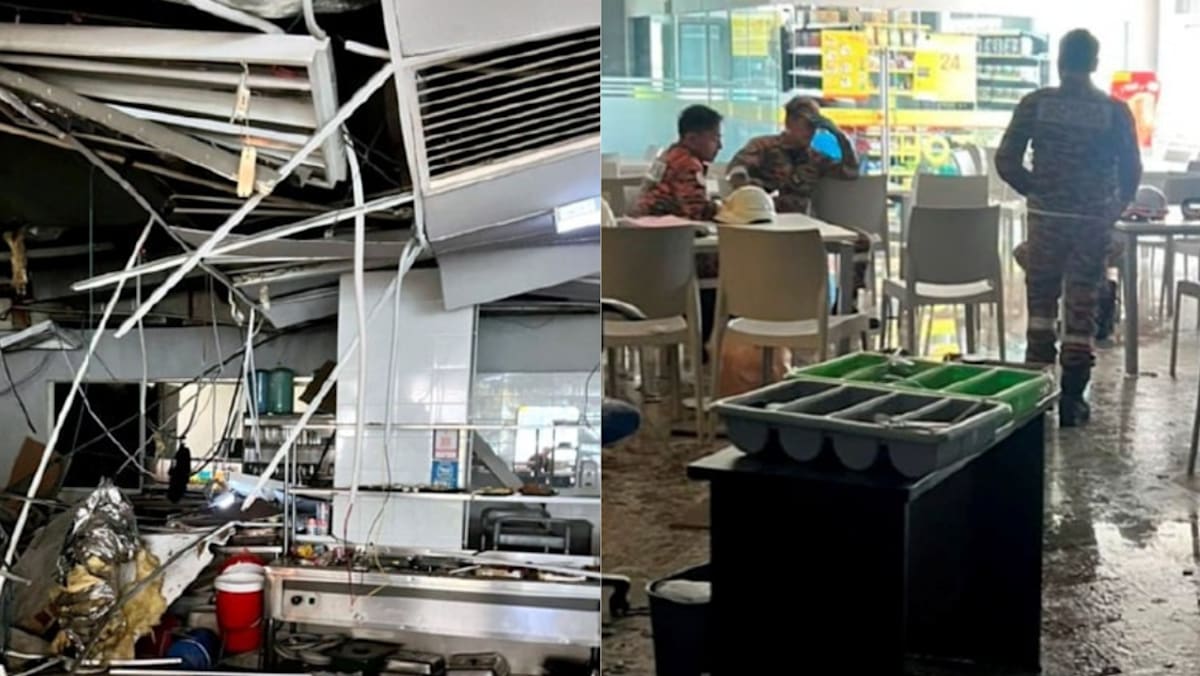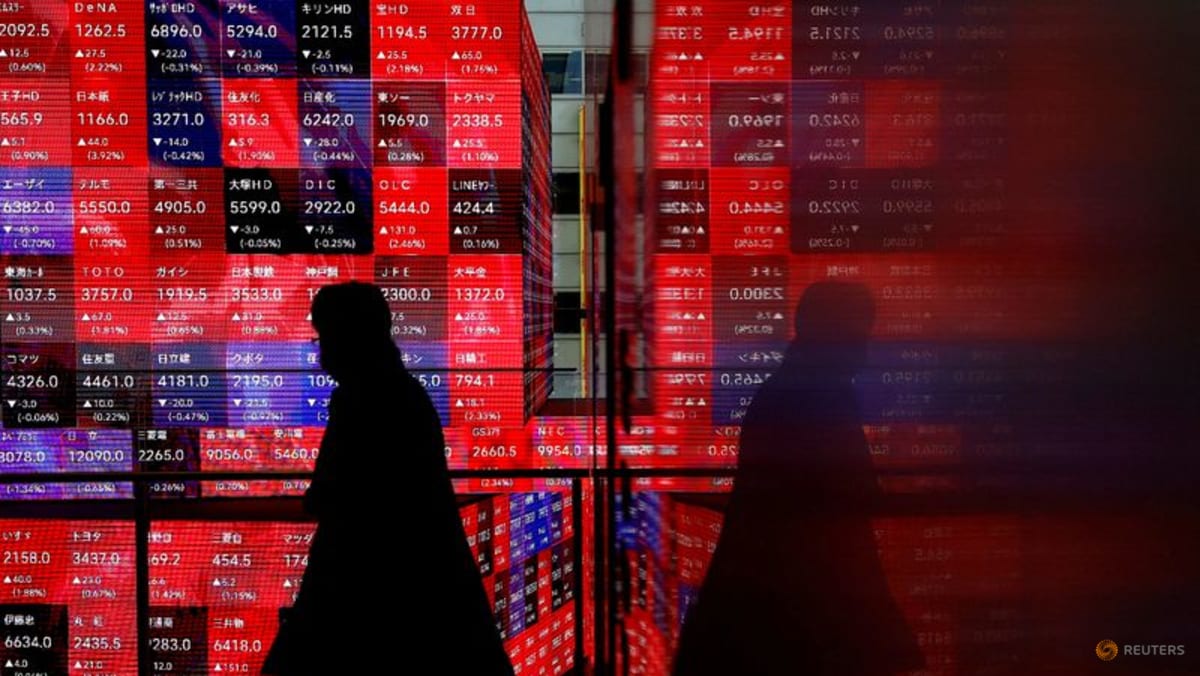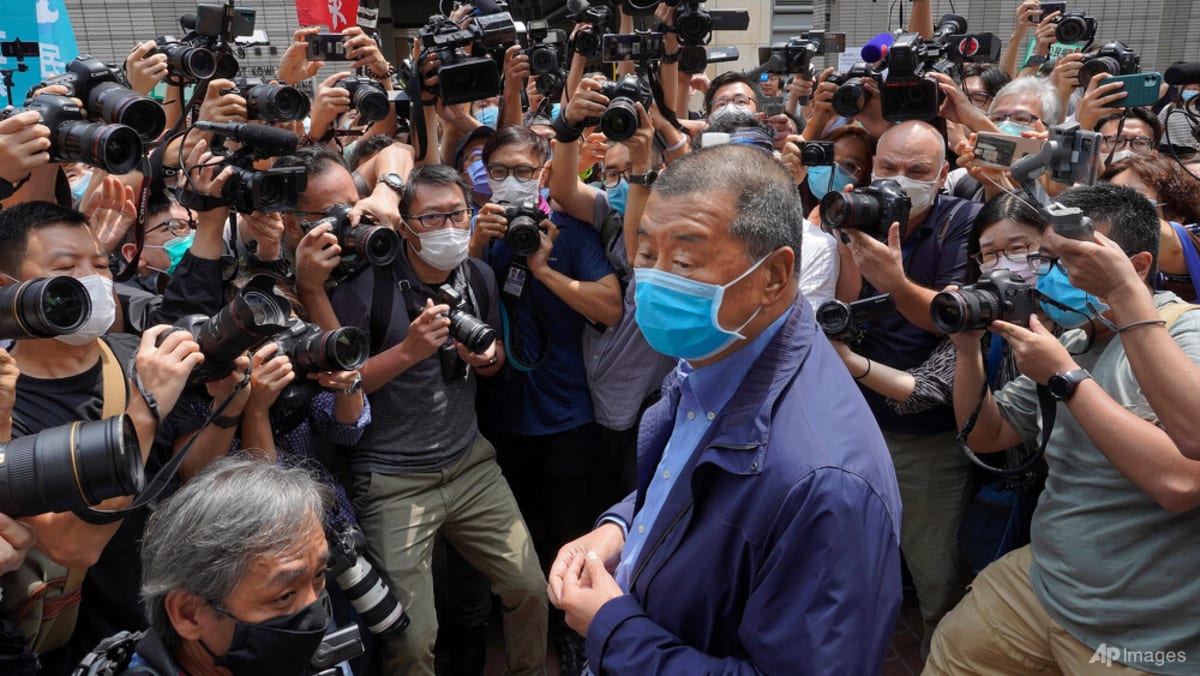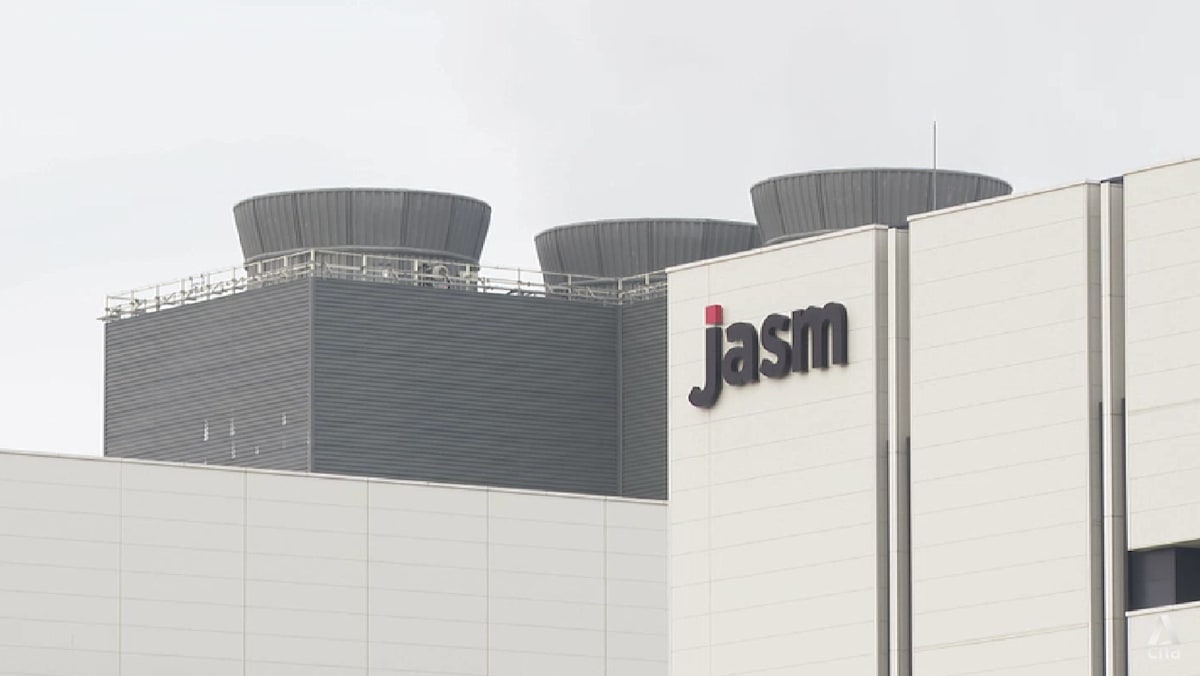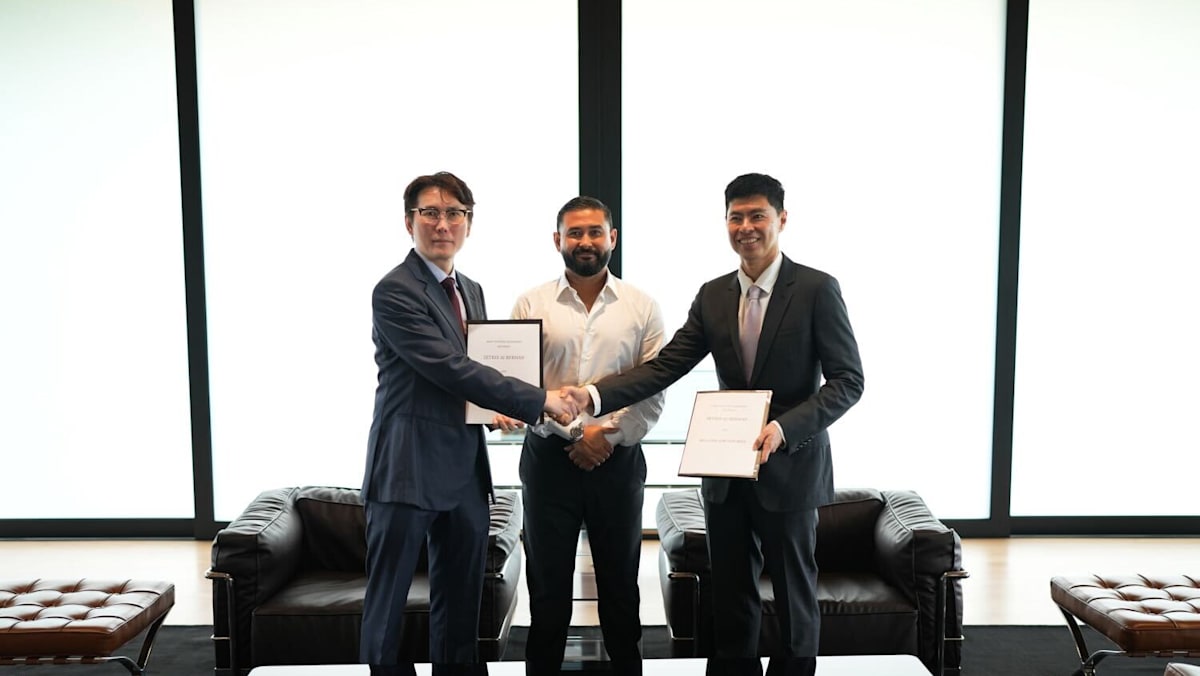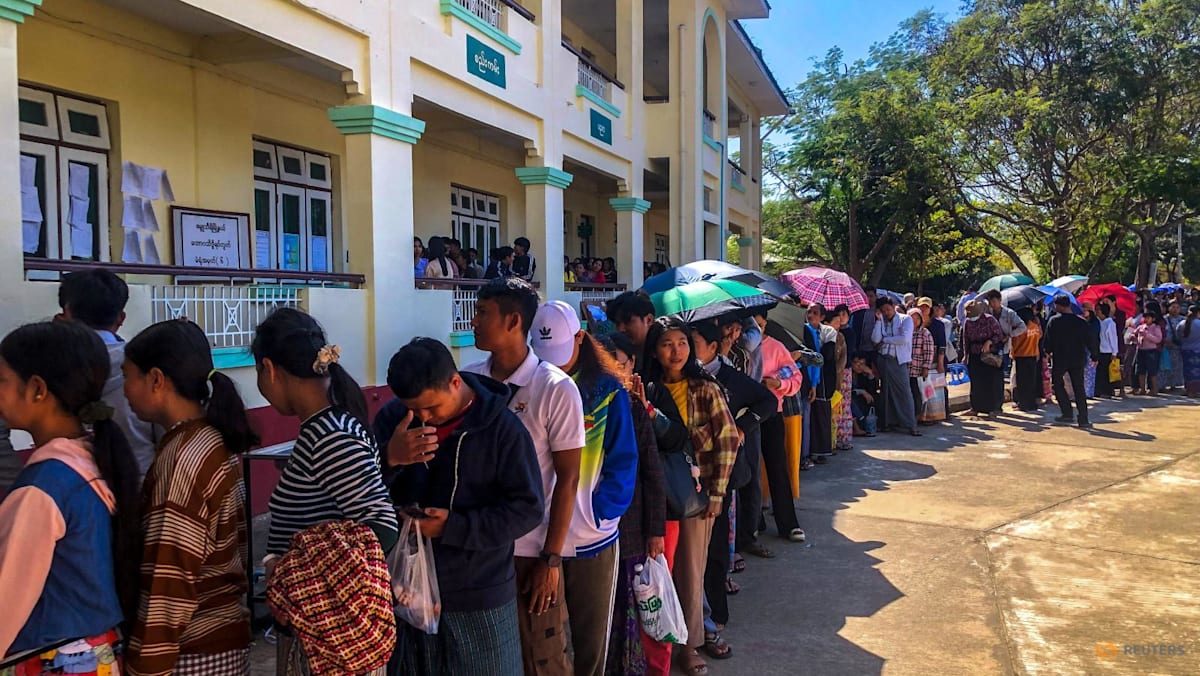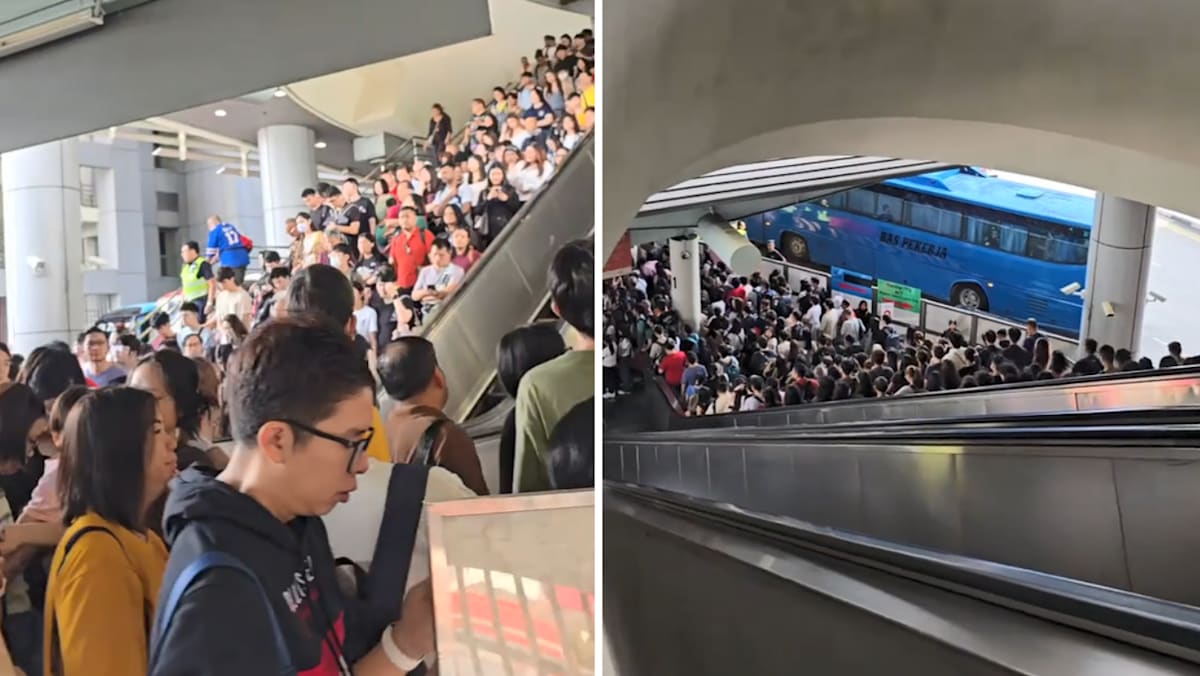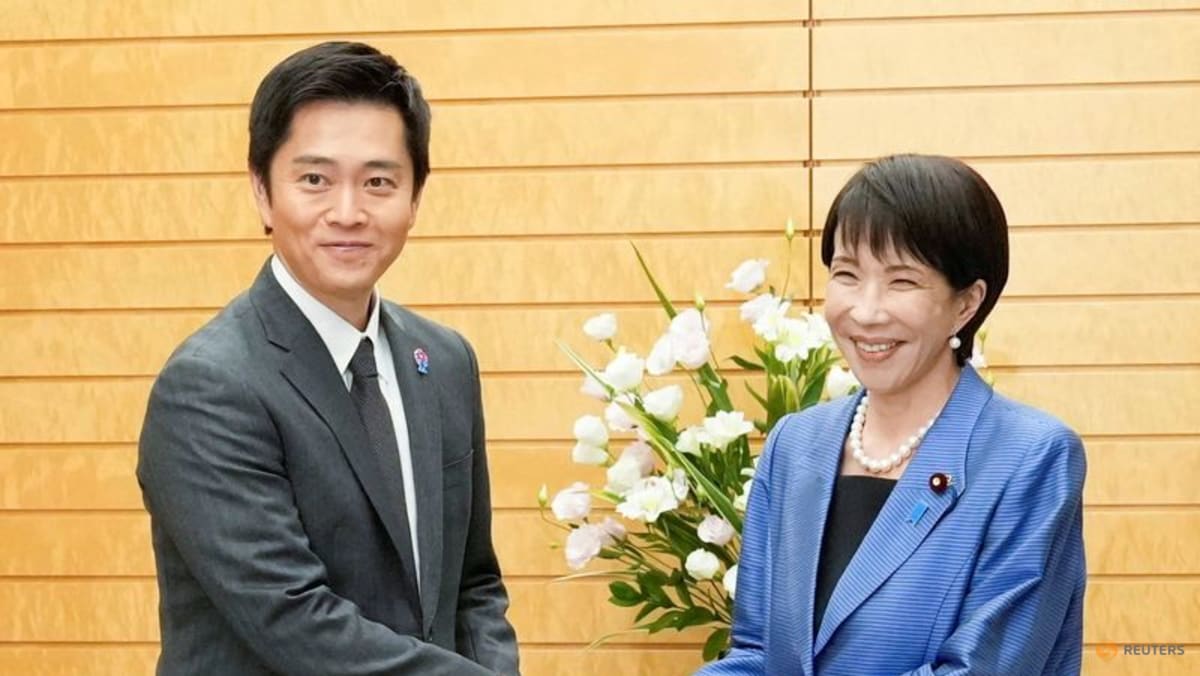Commentary: Recent clashes at Chinese companies in Indonesia might be fodder for political manipulation

There has been some pushback against Sutiyoso’s rhetoric. The Indonesian Solidarity Party’s Chinese Indonesian politician Grace Natalie considered his remarks racist ones, which could cause a rift in Indonesian society. Garuda Party politician Teddy Gusnaidi suggested that Sutiyoso might have violated Law No 40 (2018) on the Elimination of Racial and Ethnic Discrimination.
OLD NARRATIVE OF A COMMUNIST THREAT
Such anti-Chinese fearmongering illustrates a persistent obstacle in Indonesia’s management of ethnic issues. For as long as some political elites treat Chinese Indonesians as outsiders whose number and access to certain jobs or resources should be curbed, sectarianism will persist.
Separately, the Chinese workers issue has fed into the hoary narrative of a communist threat. About 46.4 per cent of 1,000 respondents in a 2021 poll believed it was possible communism could be revived in Indonesia.
While the survey question may be biased, with mostly China-related options, respondents linked this possibility to the large number of Chinese workers (chosen by 12.3 per cent), Indonesia’s dependence on Chinese COVID-19 vaccines (11.8 per cent), China wanting to annex the Natunas waters (9.4 per cent), and China’s control of Indonesia’s economy (9 per cent). Earlier, 26 per cent of 1,203 respondents in a 2020 poll by a different institute believed that China-Indonesia relations could revive communism.
It is possible that some politicians and their supporters could exploit anti-Chinese ground sentiments to gain votes come 2024. It is incumbent on the central government to prevent or limit the fallout from recent and future Chinese-related industrial clashes that could aggravate such sentiments.
Deasy Simandjuntak is Associate Fellow at ISEAS – Yusof Ishak Institute, Singapore, and an Assistant Professor at National Chengchi University, Taiwan. Aswin Lin is a PhD candidate at the International Doctoral Program in Asia-Pacific Studies, at the National Chengchi University, Taiwan. This commentary first appeared on the ISEAS-Yusof Ishak Institute’s blog, Fulcrum.
Source: CNA


